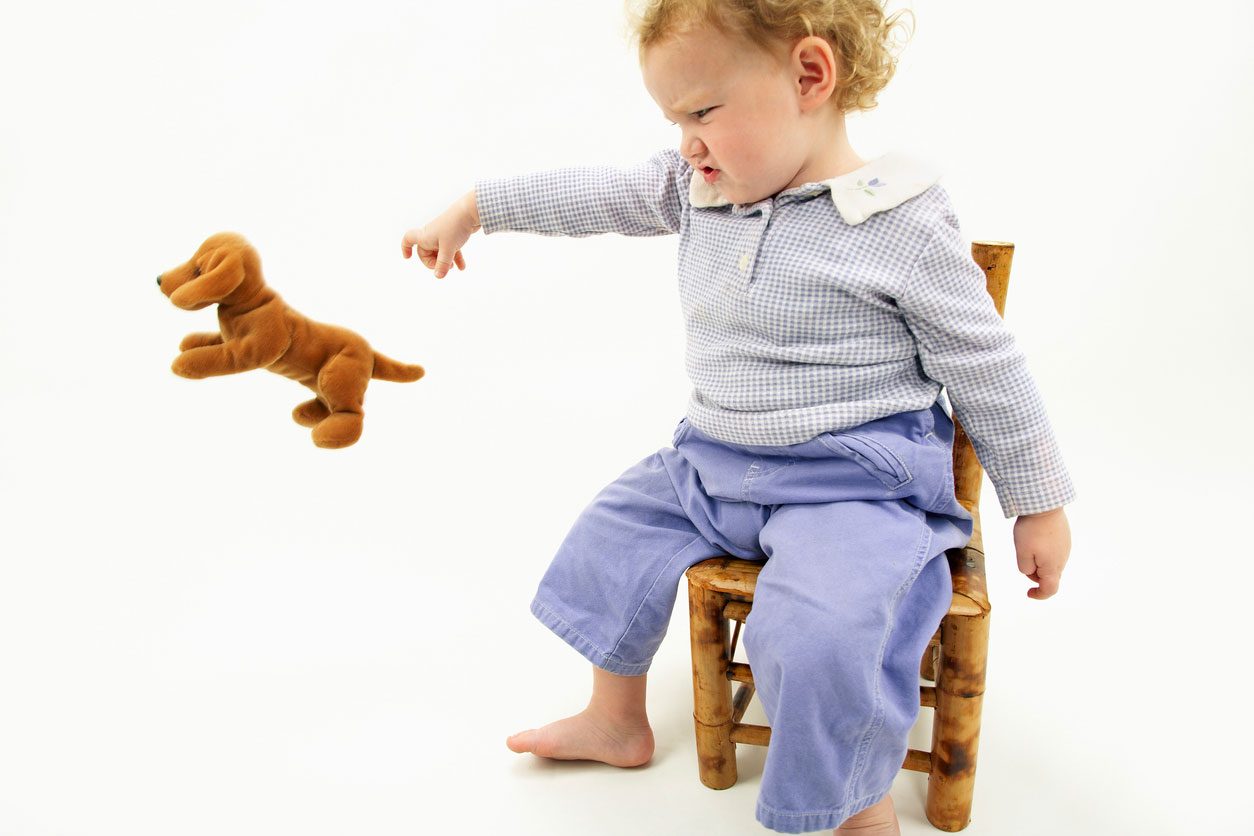Raising a Healthy Toddler

Providing structure and setting limits will help your child grow in healthy ways.
The toddler (ages 1 to 3) phase can often be challenging. Several developmental changes occur at this time. Your child is striving for independence and control. His growth rate slows down, as does his appetite. These changes can make anytime difficult, including mealtime. It is important for you to provide structure and set limits for your child. Here are some tips with links to more information about raising a healthy, happy toddler.
Temper tantrums
The “terrible twos” phase of a child's life also can be the "terrific twos." Watching your child grow and learn is a wonderful and challenging experience. She's finding out about the world. Her language is expanding. She may start to say her ABCs or 123s — she may even say, "I love you." But it's also normal for her to begin making her wishes known by voicing her opinions and saying "no." It’s normal for these situations to escalate into temper tantrums. Be prepared. Give yourself a lot of extra time to deal with possible delays.
Time out
Time outs are useful for aggressive and harmful behaviors in toddlers and preschool-aged children. A time out is a type of discipline you can use to stop your child from exhibiting a bad behavior, isolating the child for a period of time. Time out removes your child from the situation and gives him time to calm down. It also helps your child learn that you as the parent are in charge, and allows him to think about what he has done to earn the time out.
Biting
Children who bite others cause a great deal of concern for parents. The parents of the child who has been bitten are also usually very concerned about infection. Biting is an unacceptable behavior that needs to be stopped at an early age to prevent further occurrences.
Dental care
You should have already started an oral care routine with your child when she was a baby. As a toddler, your child should see a dentist at least twice a year. She will also be able to brush her teeth, rinse, and spit.
Play
While all children are different and may enjoy different toys and interactions, it’s good for parents to learn about suggestions for activities and toys for their child.
Nutrition
In America, a growing percentage of children are becoming obese at an alarming rate. In a study of 8,550 4-year olds led by Ohio State University epidemiologist Sarah Anderson, those who regularly ate dinner as a family, had limited screen time, and got enough sleep were 40 percent less likely to be obese. “Warm and responsive parenting during early childhood is also protective” against obesity, she says, as are healthy food choices.
Toilet training
Toilet training is teaching your child to recognize his body signals for urinating and having a bowel movement and using a potty chair or toilet correctly and at the appropriate times. It should begin when your child shows signs that he is ready. There is no right age to begin potty training.
Reading to your toddler
Research shows that reading regularly to young children is very important for their overall growth and development. Reading provides time for you to give your toddler special attention, encourages success when your child begins to read himself, and improves your toddler’s language and speech development.
Learning
The world offers many opportunities for toddlers to explore new things, examine cause and effect, and learn how stuff works. A number of research studies are showing that adults can actively support this critically important process. The key is to model exploration rather than deliver instruction.
Updated:
April 07, 2020